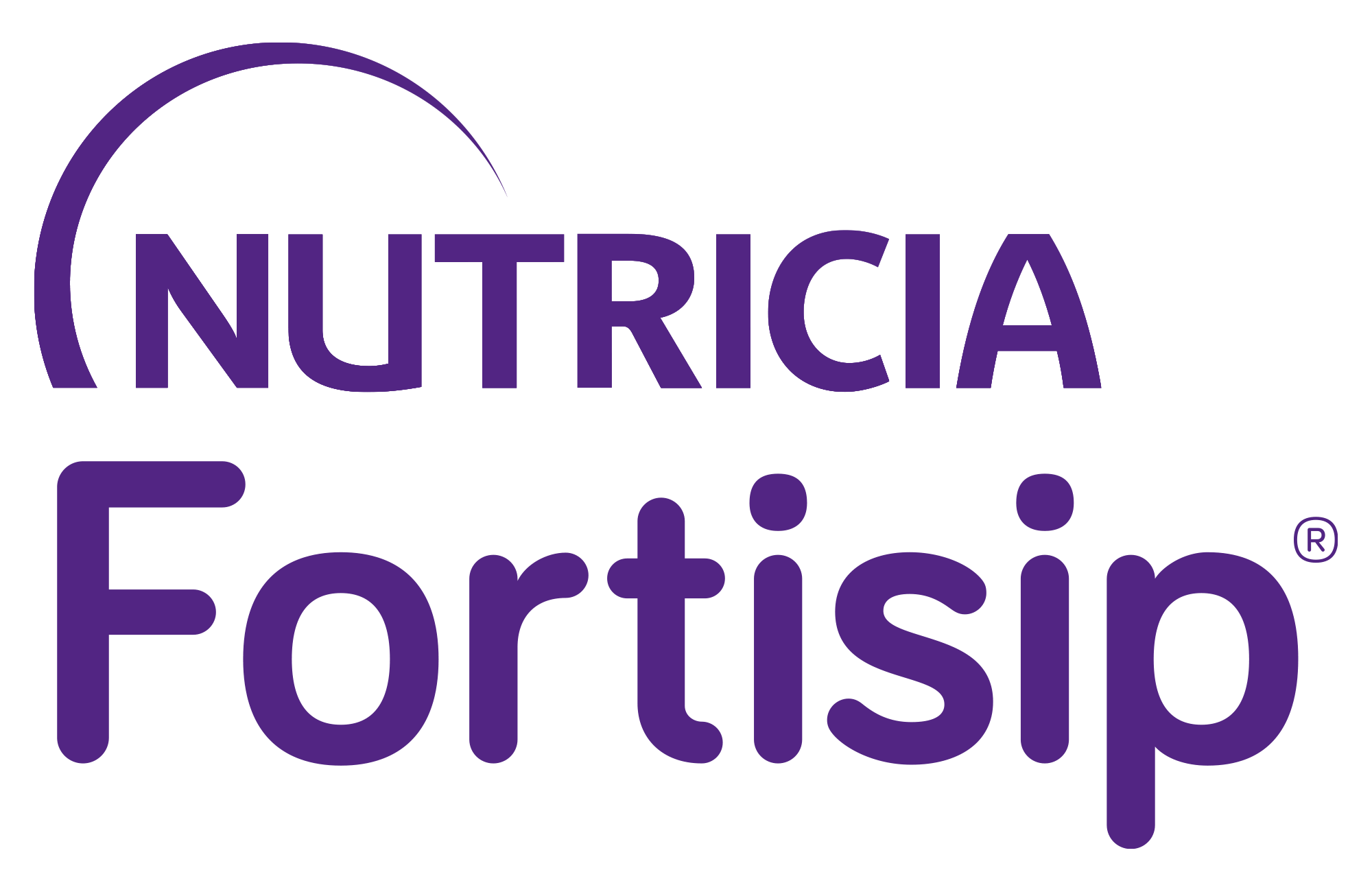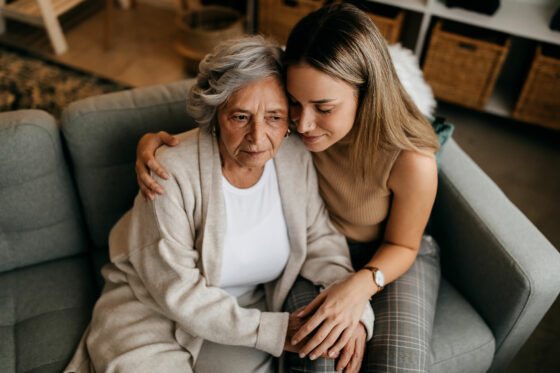
Welcome to Nutricia’s Cancer Care Hub
Nutrition plays a crucial role in every cancer journey.1 Good nutrition can help patients manage cancer symptoms or side effects of treatment, feel stronger and fight off infections, speed up recovery and even achieve better results from treatment.1,2
This is why we created Fortisip®, a range of oral nutrition supplements (ONS) specifically formulated to support cancer patients during this important time. Fortisip® is high in calories to help improve your body weight when you are unwell or recovering from illness3 and a good source of protein to support the maintenance of muscle mass,4 with a variety of formulas catering to the different tastes, experiences and dietary requirements of cancer patients. Find the product best suited to your needs, with formulas designed to support patients experiencing taste, smell and appetite changes, struggling to meet increased protein needs, navigating digestive problems, following a plant-based diet and more.
This Hub has been created to provide a dedicated, safe space containing all the resources you need. You’ll find practical information and advice specific to each stage, from diagnosis to post-treatment recovery, nutritious and easy recipes, and support services to help you and your loved one through this time.
What stage of the cancer journey are you in now?

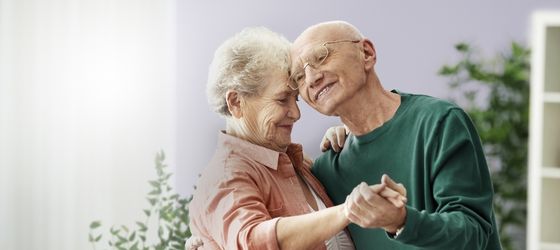
Currently undergoing cancer treatment

In recovery after finishing treatment
The importance of nutrition for cancer patients
Ensuring you’re consistently meeting your energy, protein and nutrient needs can help you feel stronger and healthier throughout the cancer journey. Good nutrition supports your immune system and recovery between treatments and can even improve the health results you’re able to achieve.5 Here’s how:
Protein
Cancer patients need up to twice as much protein as healthy adults,6 yet 2 in 3 aren’t meeting these increased needs.7 If this continues, it can result in patients losing muscle mass – which has been shown to increase the risk of developing infections or experiencing complications during cancer and treatment.6
Patients who get more high-quality protein in their diets can more easily maintain their muscle mass, helping them achieve greater health results from treatment, and enjoy a better quality of life.8
Early nutritional support is recommended for cancer patients to help ensure you’re meeting your protein and energy needs consistently.1,2

Energy
Almost 2 in 3 cancer patients find it hard to meet their nutrient and energy needs,9 especially as many people experience changes to their appetite and sense of taste and smell.10,11 This means they often feel less hungry and become fuller faster, and may not always feel like eating, which results in significant weight loss for more than half of patients.9
However, cancer patients who are able to maintain their body weight during cancer and treatment experience much better results from treatment, and greater chances of survival.12
Aim to ensure you’re consistently meeting your energy needs so you feel resilient and strong and can achieve the best possible results from your treatment.

Fortisip® can help you meet your daily nutritional needs when your usual diet isn’t enough3
The Fortisip® range includes products formulated for a variety of dietary requirements, needs and preferences, including:
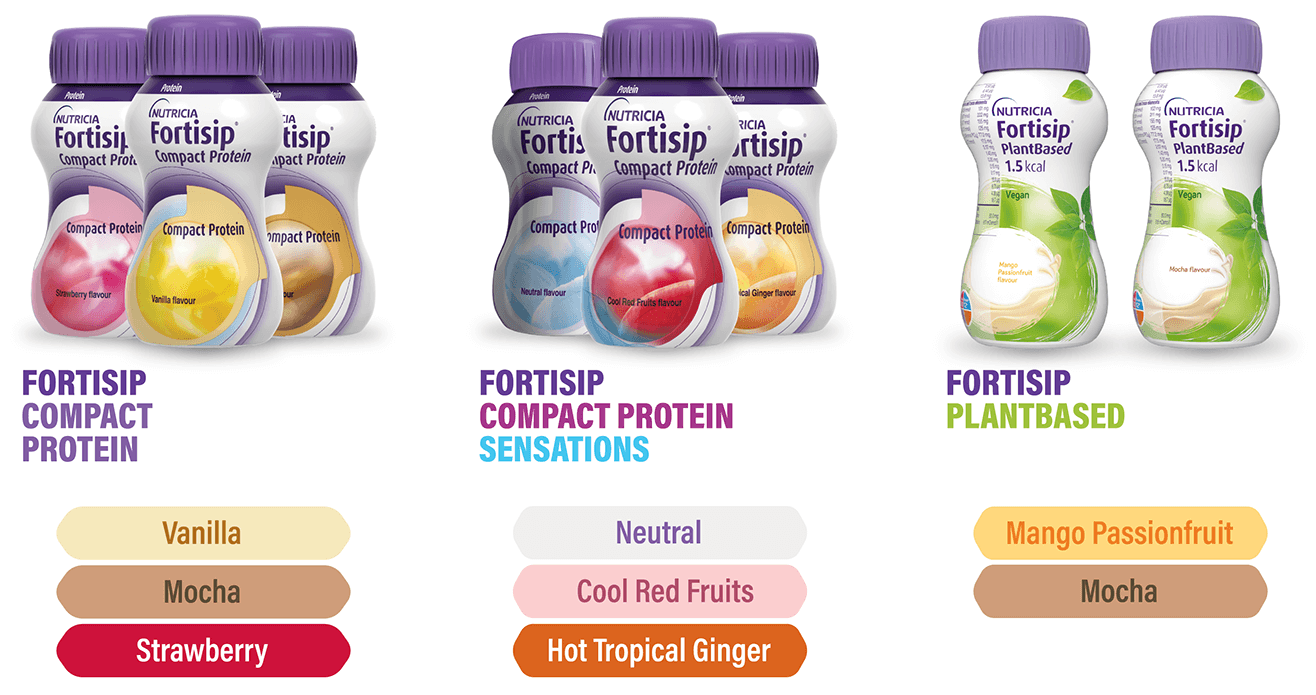
Compact Protein
These high-energy formulas contain a similar amount of protein (per bottle) as three eggs to assist in maintaining muscle mass.13 They’re available in a compact, nutrient-dense size to help patients meet their nutrient needs without discomfort – even when you don’t feel like eating or are experiencing appetite and taste changes. Research shows patients are more likely to be consistent with a daily ONS when they choose the Fortisip® Compact range.14-18
Compact Protein Sensations
The same high-protein, high-energy content in a smaller serving size, created for patients struggling with sensory changes. Our Sensations formulas are designed specifically to address the taste and smell changes19 experienced by up to 70% of cancer patients, which can result in patients eating less, losing weight, finding food unappealing and struggling to meet their nutritional needs.10
We know how essential it is to consistently meet your energy, protein and nutrient needs, and prevent muscle and fat loss during treatment,5 so we created the sensory-adapted Sensations range to help.
The Cool Red Fruits, Hot Tropical Ginger and Neutral flavours provide a cooling, warming or neutral sensation, catering to the specific needs of patients with changed taste preferences – and our patients have resoundingly confirmed they like these formulas and flavours!
PlantBased
Suitable for people following a vegan diet or with plant-based dietary preferences.

Healthy, simple recipes to help patients meet their nutrient needs
Access a wide range of nutrient- and energy-dense recipes created to support cancer patients during treatment and beyond.
Looking for ways to “shake up” your Fortisip® by adding it into recipes? We’ve got you covered!
Navigating a recent cancer diagnosis
Learn more about what to expect, and how to access the support and information you need throughout the cancer journey in the articles below.

Coping and dealing with a cancer diagnosis

Support for cancer patients: how to help emotionally and practically
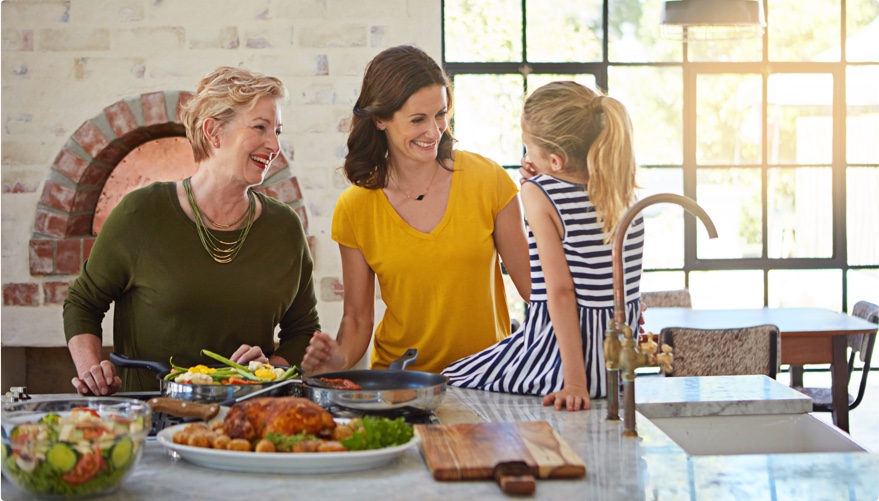
Cancer nutrition and foods guide

Cancer treatment options

What is cancer?

What can you do?

How does cancer cause weight loss?

Common side effects
Currently undergoing cancer treatment
Find the information, guidance and support you need to navigate this challenging time in the articles below.
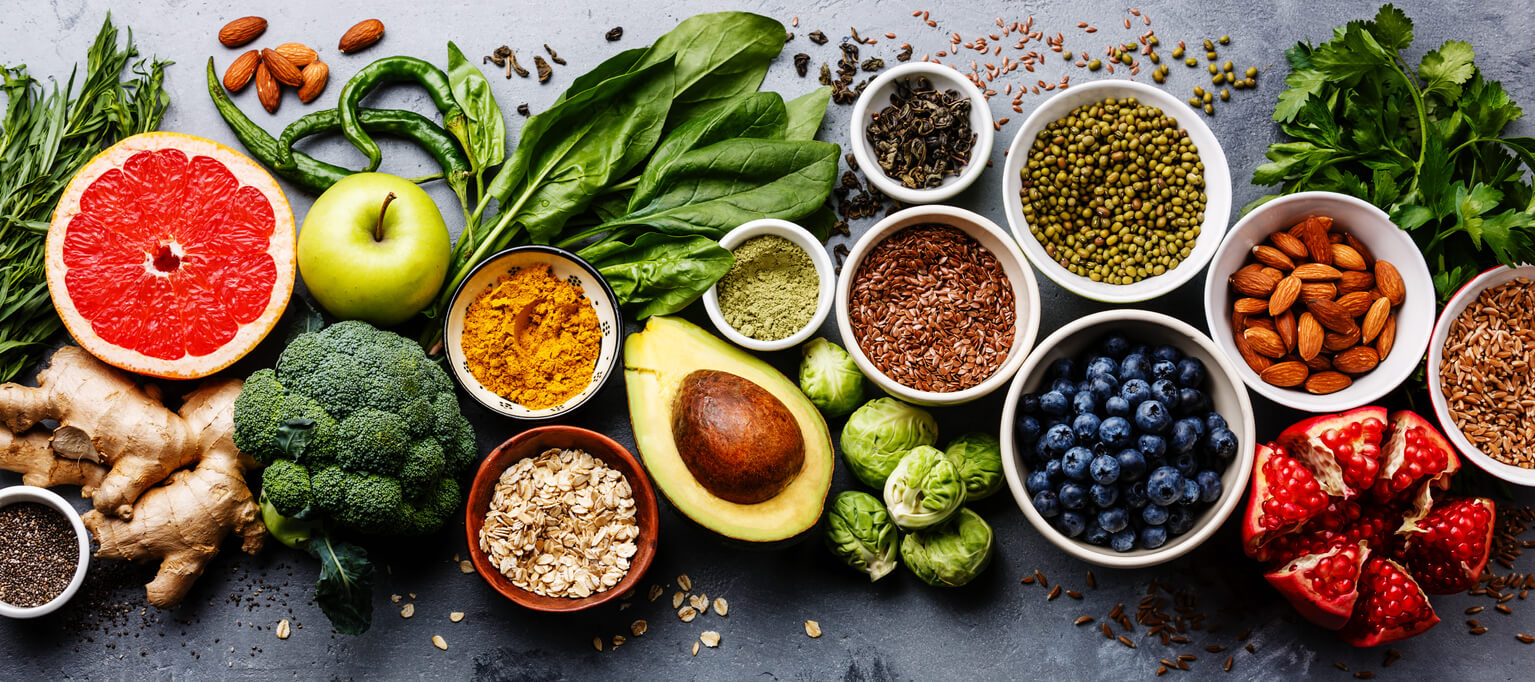
Chemotherapy side effects: what foods to enjoy and avoid
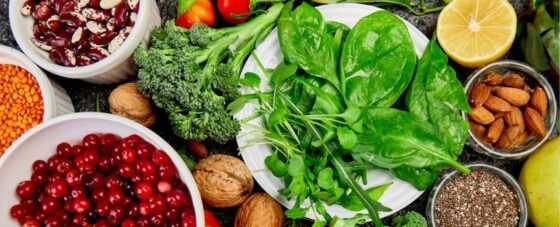
Nutritionally rich foods to boost your immune system during chemo

Things I wish I had during chemo: a guide to feeling more prepared

Common cancer treatment side effects
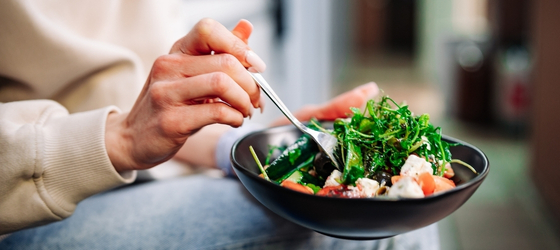
Loss of appetite and cancer: common causes and what to do
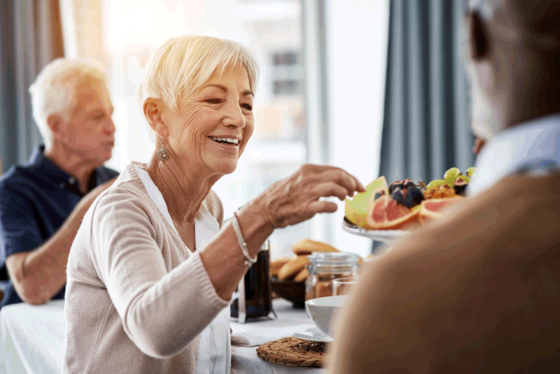
Cancer weight loss and nutrition
In recovery after finishing treatment
It can feel difficult to return to a regular routine and lifestyle after cancer treatment. Learn more about navigating physical and emotional challenges during this time, and how to find and access the support you need.

Nutrition when recovering from illness

Road to recovery

Recover Well FAQs

Cancer FAQs
Do you have a lot of unanswered questions around cancer? We understand it can be hard to find the information you’re after in one place, so to make it easier for you we’ve compiled the questions we get asked most about cancer. We put it simply and answer some of the most commonly asked questions.

Nutricia’s Support Services
Nutricia offers free support services to help you access guidance, information and resources as you find the most suitable medical nutrition products for yours or your loved one’s individual circumstances.
Get support for all stages of your cancer journey
Cancer Council Australia provides information, counselling and practical and emotional support to cancer patients and carers throughout every stage of the cancer journey. Many services are specifically designed to help you navigate treatment. These include transport services, legal and financial advice, wig services and a confidential telephone support line.
This organisation helps those affected by cancer to access whatever information, resources and support services are needed following a cancer diagnosis.
Cancer Australia aims to reduce the impact of cancer on all Australians affected, and address disparities in care among disadvantaged communities (including Indigenous Australians) to improve outcomes for all people impacted by cancer in Australia. They provide information and resources, and comprehensive guides to help navigate different experiences and stages of the cancer journey for both patients and carers.
Can Assist provides practical support, including accommodation and financial aid, to cancer patients in remote or rural areas of NSW, aiming to ensure equal access to treatment and care as patients in city centres receive.
This is a free national community service program, aiming to help Australians undergoing cancer treatment to manage both the psychological and appearance-related side phyiscal effects. They provide workshops and resources dedicated to improving the confidence and self-esteem of patients, and help connect people living a shared experience.
Redkite provides support to children or young people with cancer and their families, including financial and emotional support, and educational resources to help all family members cope during treatment. They help young people better understand their diagnosis and navigate conversations between parents and their children during this challenging time.
Peter MacCallum Cancer Centre provides comprehensive cancer care, including information and resources, as well as emotional and practical support services for patients and their families. This includes initiatives aimed at helping patients manage rehabilitation and life after cancer.
Support for carers of cancer patients
Carers Australia works to support the health and wellbeing of carers, advocating for initiatives, services and policies to improve the lives of carers and help ensure their financial security, and mental and physical health. They recognise the powerful unpaid contribution of carers and aim to deliver initiatives to ensure carers’ needs are prioritised too.
Cancer Council Australia provides information, counselling and practical and emotional support to everyone affected by cancer – including carers. They offer specialised support to help you navigate cancer alongside your loved one, including a confidential phone line you can reach out to for help or information, resources and workshops, and practical assistance such as financial aid and advice, treatment transport services and digital resources to help you feel informed throughout every stage of the cancer journey.
Cancer Australia aims to reduce the impact of cancer on all Australians affected, and address disparities in care among disadvantaged communities (including Indigenous Australians) to improve outcomes for all people impacted by cancer in Australia. They provide information and resources, and comprehensive guides to help navigate different experiences and stages of the cancer journey for both patients and carers.
Fortisip® is a food for special medical purposes and must be used under medical supervision.
This is provided for informational purposes only. It does not replace the advice of a healthcare professional. Please consult your healthcare professional for tailored advice.
References
1 – Arends J, et al. ESPEN expert group recommendations for action against cancer-related malnutrition. Clin Nutr. 2017;36(5):1187-1196.
2 – Arends J, et al. Cancer cachexia in adult patients: ESMO clinical practice guidelines. ESMO Open. 2021;6(3):100092.
3 – Hickman I, et al. Evidence based practice guidelines for the nutritional management of malnutrition in adult patients across the continuum of care. Nutr Diet. 2009;66:S1–34.
4 – FSANZ Schedule 4
5 – Cancer Council NSW. Why eat well? [Internet]. [cited 2025 May 01]. Available from: https://www.cancercouncil.com.au/cancer-information/living-well/nutrition-and-cancer/why-eat-well/
6 – Baracos VE, et al. Cancer-associated cachexia. Nat Rev Dis Primers. 2018;4:17105.
7 – Dingemans AM, et al. High protein oral nutritional supplements enable the majority of cancer patients to meet protein intake recommendations during systemic anti-cancer treatment: a randomised controlled parallel-group study. Nutrients. 2023;15(24):5030.
8 – Daly LE, et al. A window beneath the skin: how computed tomography assessment of body composition can assist in the identification of hidden wasting conditions in oncology that profoundly impact outcomes. Proc Nutr Soc. 2018;77(2):135-151.
9 – Data on file: IPSOS, Nutrition in Cancer Care survey. 2023.
10 – Spotten LE, et al. Subjective and objective taste and smell changes in cancer. Ann Oncol. 2017;28(5):969-984.
11 – Brisbois TD, et al. Taste alterations in cancer patients. J Pain Symptom Manage. 2011;41:673-83.
12 – Gannavarapu S, et al. Prevalence and survival impact of pretreatment cancer-associated weight loss: a tool for guiding early palliative care. J Oncol Pract. 2018;14(4):e238-50.
13 – Food Standards Australia New Zealand. Australian Food Composition Database – Release 2.0 [Internet]. Canberra: FSANZ; [cited 2025 May 26]. Available from: https://afcd.foodstandards.gov.au/fooddetails.aspx?PFKID=F003729
14 – Smith TR, et al. Adherence to oral nutritional supplements in patients with cancer. Nutrients. 2020;12(2):517.
15 – Brown F, et al. Compliance with oral nutritional supplements in older adults. J Nutr Health Aging. 2020;24(3):305-311.
16 – van de Berg GH, et al. Compliance with oral nutritional supplements in malnourished patients. Clin Nutr. 2015;34(1):15-19.
17 – Stange I, et al. Nutritional care in nursing homes. J Am Med Dir Assoc. 2013;14(8):628.
18 – Hubbard G, et al. Nutrition screening in older adults. Proc Nutr Soc. 2010;69(OCE2):E164.
19 – Data on file. Sensory Study 2018.
20 – Hubbard GP, et al. A systematic review of compliance to oral nutritional supplements. Clin Nutr. 2012;31:293–312.
21 – Freeman R, et al. A survey of compliance and use of ready-made liquid oral nutritional supplements in elderly malnourished care home residents. Clin Nutr. 2011;23(1):159.
